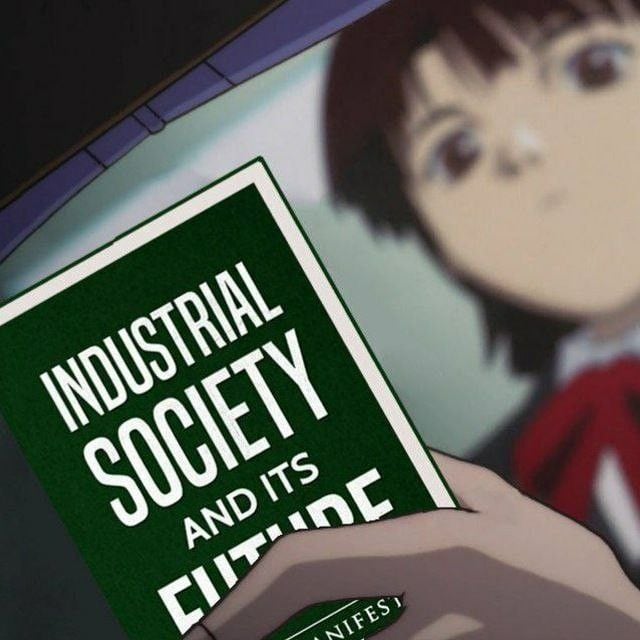So far, I’ve read a poetry book on Libby called El Regalo that goes ‘yo soy alegría que tu serás tu y yo soy yo’ and I’m waiting to read Don Quijote on the same app.
Anyone know what ¿libros en español yo puede leer? I read clásico ficciones.
Anything from Jorge Luis Borges or Júlio Cortazar. Doesn’t matter the subject, it’s Spanish dancing and taking forms while you read.
Add Horacio Quiroga to make it a trifecta.
Pues Don Quijote es el mejor. Cien años de soledad es súper interesante. (y triste) El Cid es uno de los libros más viejos, pero podría ser un poco difícil de entender
Si, yo acordar.
Feel free to crosspost to [email protected] for additional answers
Thanks.
Satanás, Mario Mendoza.
Pedro Páramo by Juan Rulfo. His book inspired my writers later on
Roberto Bolaño. 2666 and The Savage Detectives are great. He also wrote a ton of short stories. His writing is also pretty straightforward so it’s easy to follow if you’re still learning.
Luis Sepúlveda. The Old Man who Read Love Stories and The Story of a Seagull and the Cat Who Taught Her To Fly are both very good. The latter is more of a children’s book but still worth it.
This page contains a collection of many authors and short stories. I’ve found it helpful: Literatura.us
This is another great resource for popular books by country: https://preply.com/en/d/most-translated-books–lp
I’ve only read them in translation, but the Carlos Ruiz Zafon books are excellent, I’d imagine they’re better in the original.
https://en.m.wikipedia.org/wiki/Carlos_Ruiz_Zafón
La sombra del viento (The Shadow of the Wind).[1] The novel sold 15 million copies and was winner of numerous awards; it was included in the list of the one hundred best books in Spanish in the last twenty-five years, made in 2007 by eighty-one Latin American and Spanish writers and critics.[2]
Nice.
This, this author has a specific style portraying situations that is fabolous.
But the books are a bit hard to understand in Spanish for a non-native speaker due to the use of not so common words
Try “El túnel” by Ernesto Sabato. As far as I remember, it doesn’t have a very complex vocabulary. However, the story it tells has a message that can be analyzed from somewhat more complex perspectives.






